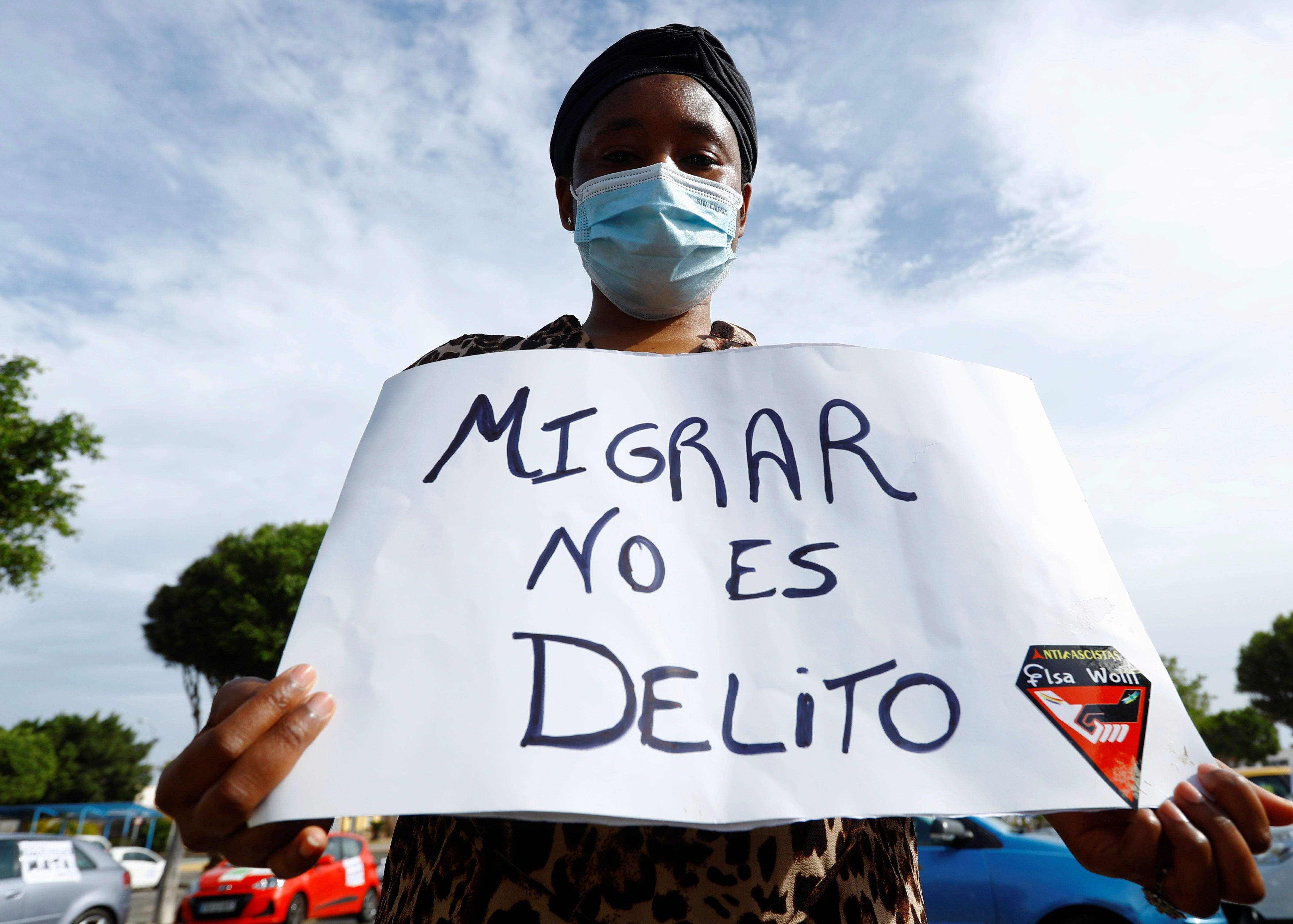News
November 18, 2020
16,700: Migrant arrivals to Spain's Canary Islands, which lie off the West African coast, have topped 16,700 so far this year, more than ten times the amount reported the same time a year ago. The surge of migrants from sub-Saharan Africa has overwhelmed Spanish authorities, who have been criticized for housing thousands of migrants in empty hotels and evicting hundreds from a makeshift camp near the port city of Arguineguín.
30: The Arar border crossing between Iraq and Saudi Arabia reopened on Wednesday for the first time in over 30 years as part of warming ties between Baghdad and Riyadh. Arar was closed in 1990, when the two countries broke diplomatic relations after Iraqi dictator Saddam Hussein invaded Kuwait and threatened to push onwards into the Saudi kingdom.
18.2: The US state of North Dakota now has the highest COVID-19 mortality rate in the world: 18.2 deaths per one million people. After much resistance, the governor recently issued a statewide mask mandate to contain rising cases (neighboring South Dakota — at third place in global deaths per one million people — still refuses to order its people to wear masks).
2: Argentina's lower house of parliament has approved a government proposal to impose a 2 percent tax on individuals with over $2.5 million in assets. The one-time levy — which would help fund coronavirus relief programs — is widely supported by President Alberto Fernández's working-class voter base but must be ratified by the Senate, where opposition lawmakers who reject the wealth tax argue that Argentina is still in a recession and taxes are high enough already.More For You
- YouTube
In this Quick Take, Ian Bremmer breaks down the protests across Iran and how the Trump administration might respond.
Most Popular
- YouTube
Welcome to the Jungle
© 2025 GZERO Media. All Rights Reserved | A Eurasia Group media company.
